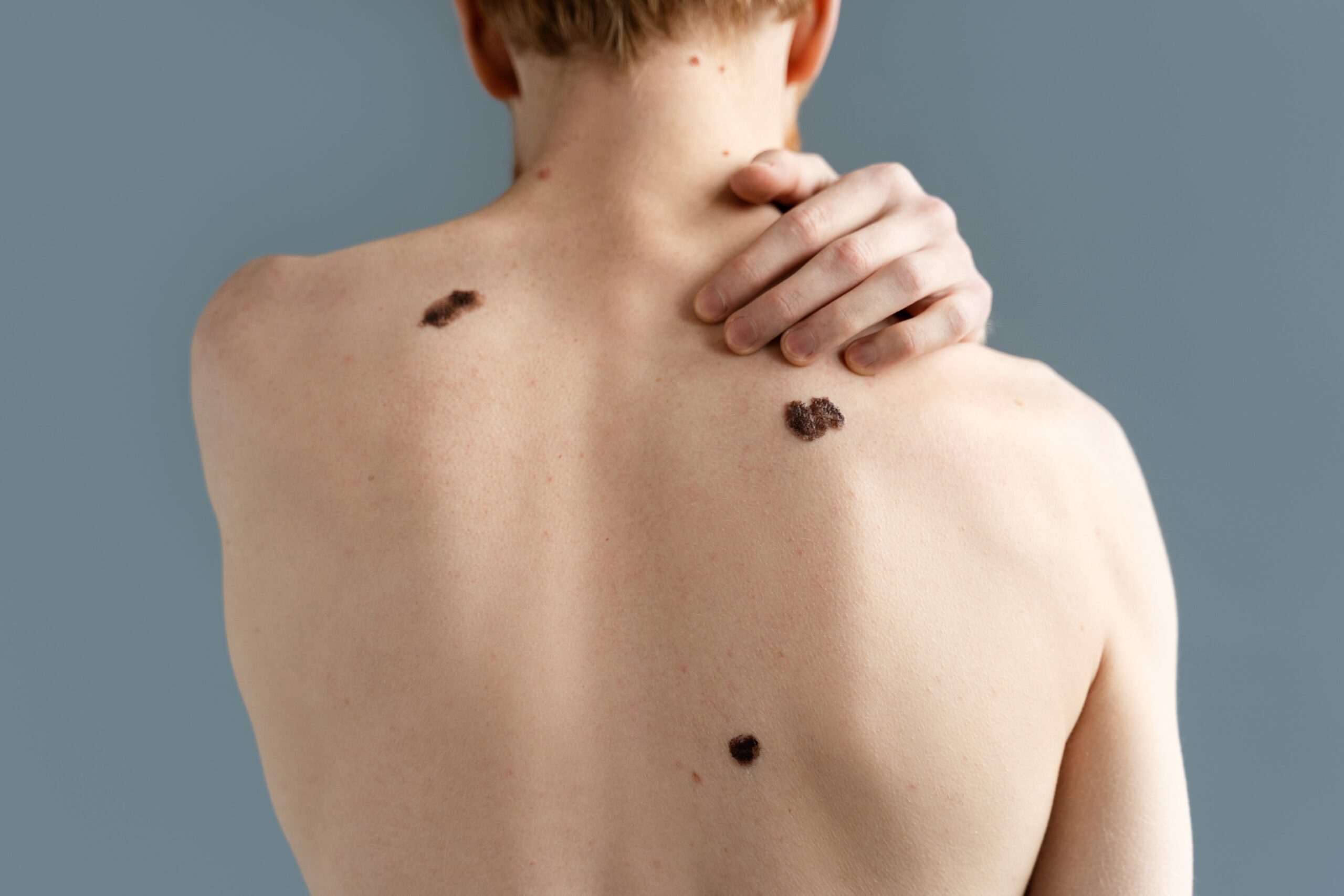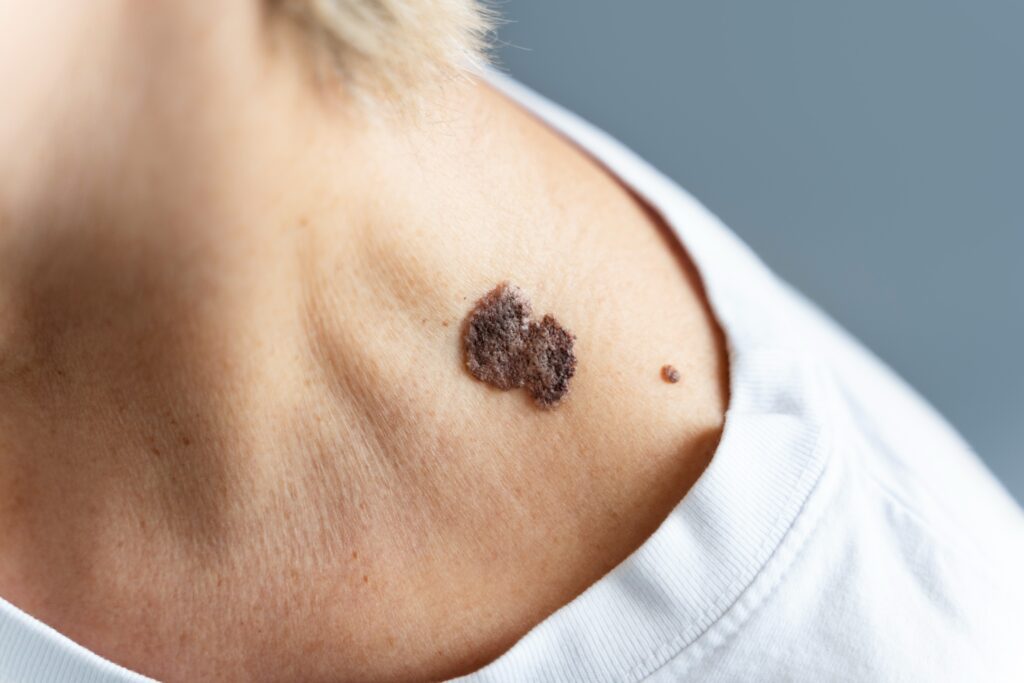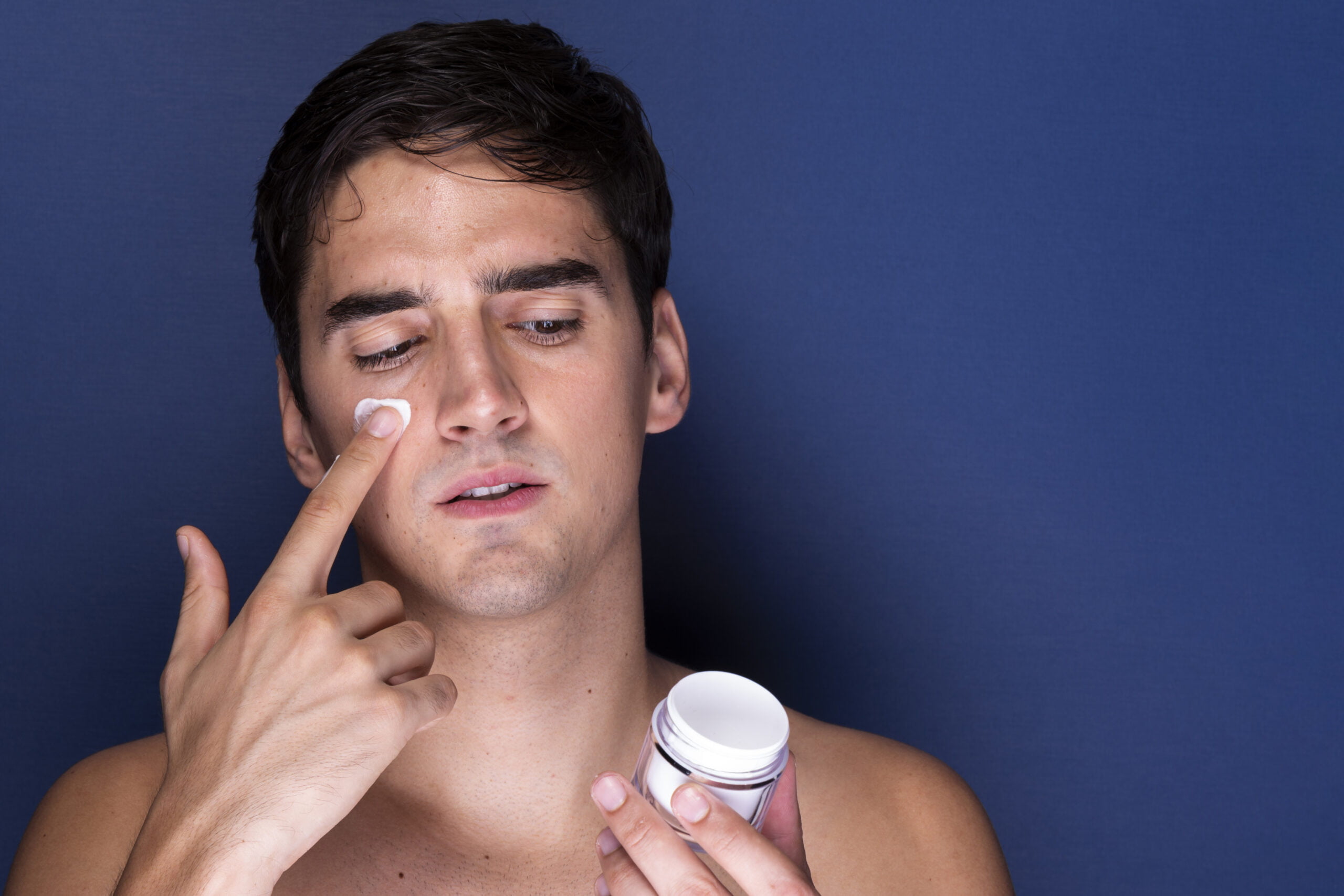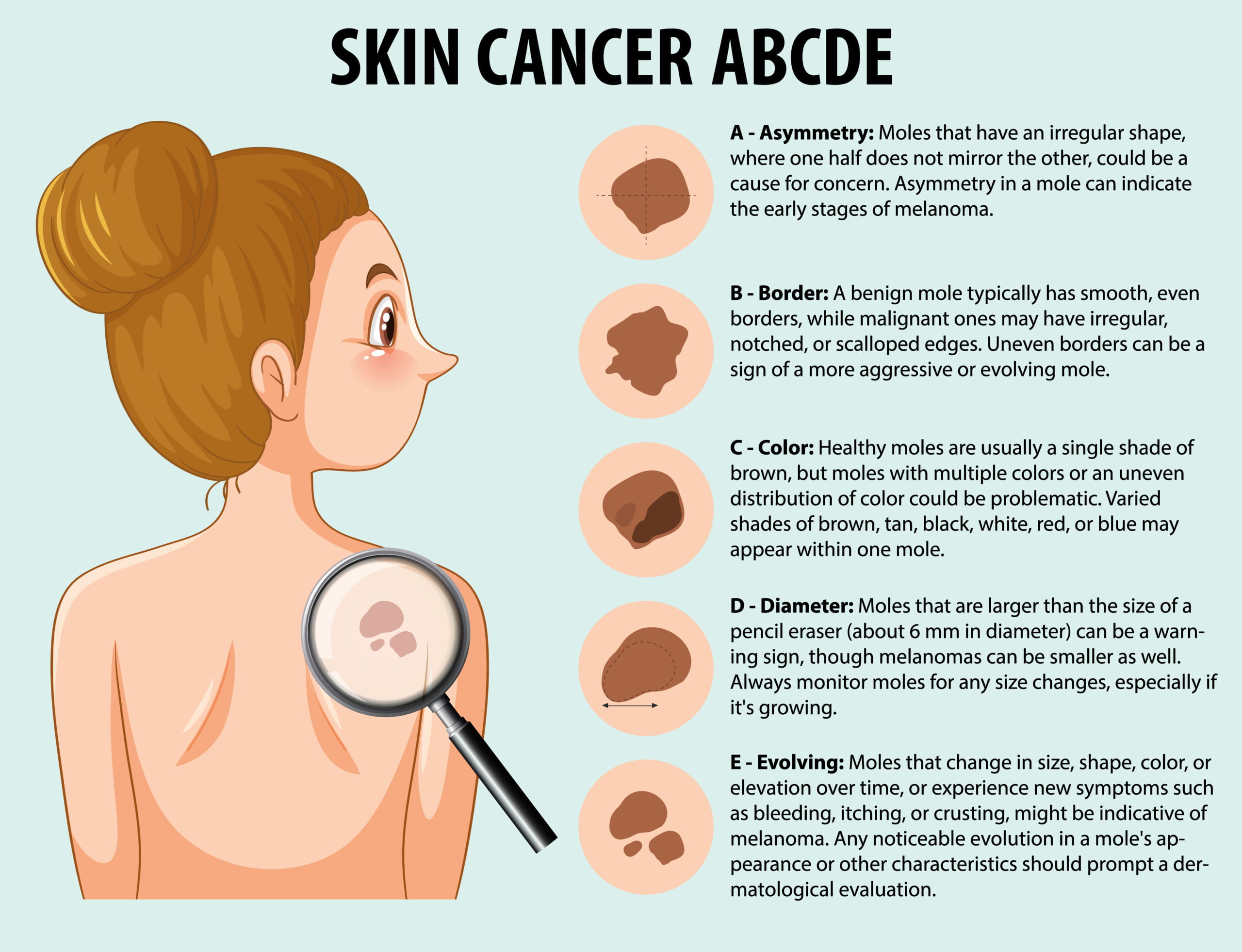Treatment Modalities
Treatment options vary depending on the type and stage of skin cancer. Common modalities include surgery, radiation therapy, chemotherapy, immunotherapy, and targeted therapy.
Coping With Treatment
Coping with skin cancer treatment involves physical and emotional aspects. Support from healthcare professionals, family, and friends is crucial. Lifestyle adjustments may be necessary, and mental health support is often beneficial.








